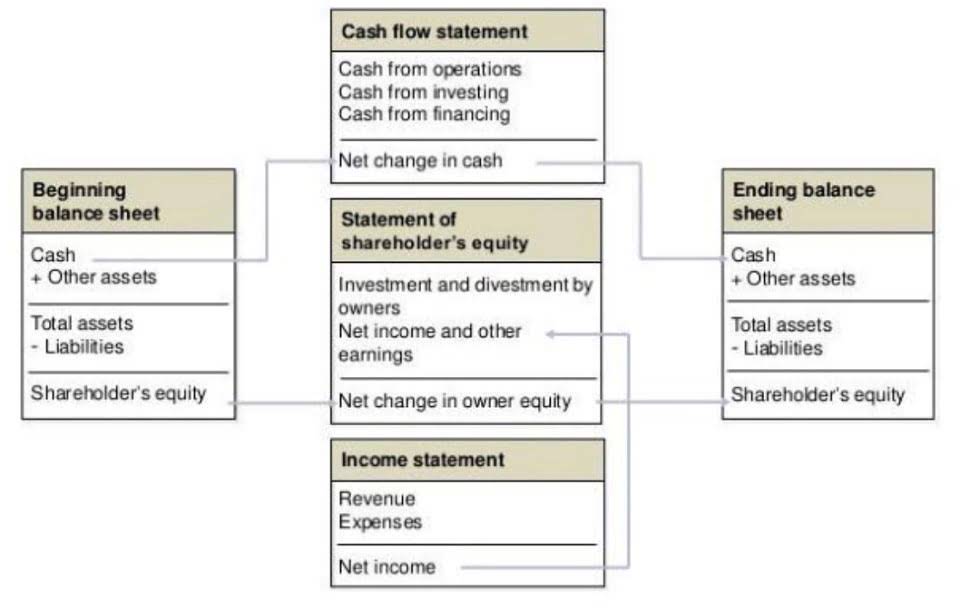
As mentioned earlier, the primary difference between a full charge and a regular bookkeeper is the fact that full charge bookkeepers manage all the accounting needs Online Bookkeeping of the business. Because of this added responsibility, full charge bookkeepers usually report directly to the higher-ups. Sometimes, they also enlist the help of outside professionals like CPAs (certified public accountants) for certain tasks. Although full charge bookkeepers are responsible for a business’s accounting, they are not accountants or Certified Public Accountants. In this role, you may help prepare financial statements and tax returns for your employer, who then submits them to a CPA for review or auditing. The title ‘full charge’ accurately describes the breadth and depth of their responsibility – they are ‘fully in charge’ of an organization’s bookkeeping needs.
Benefits Administration, What Small Business Need to Know

In addition to the requisite educational qualifications and experience, a Full Charge Bookkeeper’s resume should indicate proficiency in accounting software and other relevant computer applications. Strong math and analytical skills are also necessary to interpret complex financial data. A good Full Charge Bookkeeper has excellent organizational and time management skills to handle multiple tasks and meet deadlines. A Full Charge Bookkeeper is responsible for managing all the financial data for a company. These professionals should have comprehensive knowledge of accounting principles and procedures, and may also be expected to have experience with budget preparation and financial forecasting.
Crafting Your Exit Planning: Strategies to Maximize Business Value
- These tools provide real-time data access, which is invaluable for timely decision-making.
- While a formal degree in accounting or finance can be positive, becoming a full-charge bookkeeper isn’t always a strict requirement.
- A full charge bookkeeper is that same make of car but with the upgraded package that includes heated and power seats, power windows and mirrors, and most importantly, comes with a higher price tag.
- In-house bookkeepers don’t have the managerial responsibilities that a full charge bookkeeper would be appointed.
- With these 11 skills in mind, any bookkeeper is well-prepared to handle financial transactions and reports.
- By pursuing these certifications, you can differentiate yourself in the job market and show potential employers your commitment to ongoing professional development.
Proficiency in accounting software is a must, as technological aptitude can significantly enhance efficiency and accuracy. Strong communication skills are also crucial, as bookkeepers often liaise with various stakeholders, including management, vendors, and clients. full charge bookkeeper They should also prepare financial statements, maintain the ledger, and perform all the other bookkeeping services.
Sample of Reported Job Titles
The full-charge bookkeeper is often regarded as the financial backbone of an organization. Bookkeepers compile balance sheets, income statements, and cash flow statements, providing a clear picture of the organization’s financial performance. These documents are vital for decision-making by management and stakeholders and must be prepared with precision and adherence to accounting standards. In addition to managing the general ledger, bookkeepers reconcile bank statements by comparing the organization’s financial records with bank statements to identify discrepancies.

The full-charge bookkeeper’s steady hand ensures the business voyage remains prosperous and true. Full charge bookkeeping is a comprehensive form of bookkeeping that encompasses all aspects of managing a company’s financial records. It involves full charge bookkeepers taking on a range of accounting duties typically assigned to both accountants and bookkeepers. Full charge bookkeeping refers to a bookkeeping service where the bookkeeper takes on the complete responsibility for the company’s accounting cycle. This includes data entry, managing accounts, preparing financial statements, and sometimes overseeing payroll and tax preparation. The term “full charge” implies that the bookkeeper is in full control of the accounting functions, similar to a controller position.
Financial Reporting
A bookkeeper has to handle certain aspects of a company’s financial statements, while a full-charge bookkeeper has to handle complete and detailed aspects of a firm’s financial reporting. The responsibilities of a full-charge bookkeeper have a much broader range than those of a bookkeeper working in a small to medium-sized firm. A full charge bookkeeper is a professional responsible for handling and discharging duties of all accounting-related requirements of medium or small-sized companies.

Full Charge Bookkeeper Job Description
To reconcile bank statements effectively, you need to carefully review each transaction, match them with corresponding records, and investigate any discrepancies. This process helps to identify any errors in recording transactions, such as duplicate entries or missing transactions. By resolving these discrepancies, you ensure that the company’s financial records accurately bookkeeping reflect its true financial position.